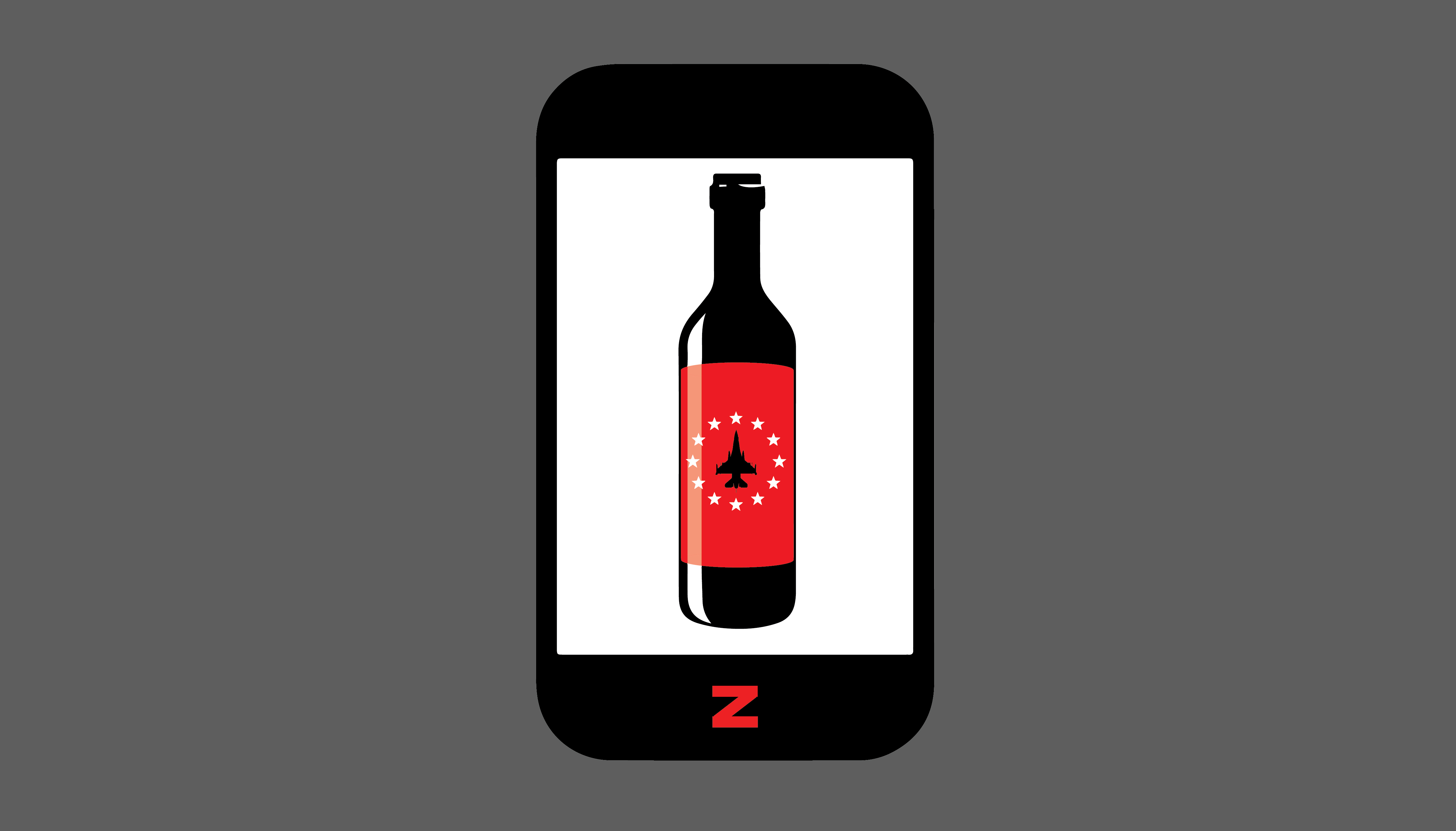Українською читайте тут.
The European Political Community (EPC) convened its Second Summit on June 1, 2023, in Moldova, making the small country the epicenter of European politics. The summit took place in the intimate setting of Castel Mimi, a private wine-producing castle located a mere 40 kilometers from the capital, Chişinău. This historic event saw nearly fifty national leaders from both within and outside the EU, including delegates from nations like Azerbaijan, Armenia, Kosovo, Serbia, Norway, and Switzerland, among others.
The crux of the summit revolved around discussions on security, peace, and the pragmatic steps toward the European Union membership of both Moldova and Ukraine. A significant agreement was reached concerning the initiation of F-16 fighter jets training for Ukrainian pilots and plans for continued collaboration on the “Ukrainian Sky Shield” in future meetings following the Ramstein format. EU’s High Representative for Foreign Affairs and Security Policy, Josep Borrell, provided assurance that unresolved issues regarding occupied Transnistria wouldn’t impede Moldova’s accession into the EU.
For Ukraine, the ENP summit acts as a precursor to both the “peace formula” summit and the NATO summit scheduled in Vilnius. Meanwhile, for Moldova, this meeting symbolizes a significant political milestone and a preparatory step toward its EU accession. Therefore, Russian propaganda sought to downplay this monumental event by attempting to devalue its significance and implications.
The devaluation tactic commonly employed by the Russian propaganda machine involves undermining the importance or success of certain events, decisions, and processes, often resorting to ridicule, irony, and derogatory language. This method seeks to provoke negative emotions and associations and further marginalize the target person or event. Let’s examine how this was applied in this case.
“All EPC statements are declarative”
Propagandist channels supportive of Russia often dismissed the EPC Summit’s results as merely declarative, stating that the summit yielded only shared photo opportunities and lavish banquets without leading to substantial political consequences for the participating nations. “The European summit in a winery is nothing more than a ghostly haze of unfulfilled hopes,” one anonymous telegram channel summarized the event, while another dubbed it a “friendly gazebo for meetings.” They contended that the talks on a united European future and support for Kyiv and Chişinău were redundant, and the summit’s sole practical outcome was a memorandum signing to decrease Moldova’s roaming tariffs.
It is important to note, however, that during the inaugural summit in Prague in October 2022, the consensus was that the EPC would serve as an “informal platform” and would not supersede EU policy, especially concerning expansion. The summit was intended to “promote political dialogue and cooperation to address issues of common interest” and “strengthen the security, stability, and prosperity of the European continent.”
To illustrate, the initial summit played a crucial role in facilitating an intensified dialogue between Armenia and Azerbaijan on resolving the Nagorno-Karabakh conflict. Subsequently, Armenia hinted at the potential for a peace agreement with Azerbaijan by the end of 2023.
The EPC Summit serves as a cooperative platform for the EU and other nations to tackle continental matters that transcend the EU’s jurisdiction. The agenda of the second summit aligned with the EU’s political obligations to Ukraine and Moldova, and the participants concurred on streamlining the European integration of both Kyiv and Chişinău.
Although the outcomes of these complex geopolitical interactions among the nearly fifty delegations may not be immediately visible, as Russian propaganda would have us believe, the processes require time. However, as the evolving situation between Armenia and Azerbaijan demonstrates, the summit does provide a powerful catalyst for resolving contentious issues.
“The EPC is a congress of the ‘anti-Russian coalition’”
Russian media propagated the notion that “the summit of the European Political Community will be a new attempt by Brussels to form an anti-Russian coalition and persuade other countries to join sanctions against Russia.” Anonymous Telegram channels echoed that “the new European club has united only against Russia and Vladimir Putin. But there have already been many such anti-Putin summits.”
However, such labels as “anti-Russian” are mere attempts to cast all geopolitical events as pivoting around Russia and its interests. Considering the presence of Kremlin-friendly delegations, such as Serbia and Hungary, at the summit, this characterization as an “anti-Russian coalition” seems overly simplistic at best.
Although the summit was termed “political,” security emerged as a central topic, with discussions ranging from NATO, the “fighter jet coalition,” missile defense systems for Ukraine, and occupied Transnistria to the protection of the digital space of Moldova and other countries currently under cyber-attack from Russia. There were also conversations surrounding energy sustainability and climate change. Thus, the summit was a platform for addressing crucial continental issues, not for orchestrating an “anti-Russian conspiracy.”
“Moldova will provide Ukraine with its territory for military operations”
The theory that Ukraine aims to draw Moldova into a conflict is not new. Telegram channels broadcasting pro-Kremlin rhetoric suggested that Moldova’s head of state, during a meeting with the President of Ukraine, expressed her willingness to allow her country’s territory to be used for military operations against occupied Transnistria. That is the self-proclaimed republic on the territory of Moldova, where a Russian military contingent has been stationed since the early 1990s.
This claim was refuted as fake by the President’s office. Both President Sandu and President Zelenskyy emphasized that their countries’ relationship was founded on mutual respect for sovereignty, independence, and territorial integrity. President Zelenskyy further confirmed that no request for troop deployment had been made by Chişinău and that Ukraine harbored no territorial claims on unrecognized Transnistria.
Such propaganda seeks to portray Ukraine as an aggressor with belligerent ambitions and casts Moldova as a state with no choice but to comply. The motives for this approach include creating a state of anxiety among Moldovans, undermining trust in Ukraine, and providing an excuse for supporting unrecognized Transnistria and maintaining a Russian military presence in the region.
“Alternative summit” of a pro-Russian party
Another facet of the devaluation tactic is to shift attention towards lesser events. Propaganda channels, for instance, focused on the “alternative summit” of the Șor Party, the political faction of fugitive oligarch Ilan Shor. This man has been residing in Israel since 2019 and maintains open contact with Russian authorities. Russian propagandists position him as the “leader of the Moldovan opposition.”
Among the most common criticisms was a remark on the summit’s timing, alleging that the EPC had overshadowed Children’s Day, a traditionally celebrated holiday on June 1. Ilan Shor, former mayor of Orhei, took it upon himself to rescue the day for Moldovan children by arranging a remote “alternative summit” at OrheiLand, a local amusement park. A frenzy of posts depicting swarms of children, interspersed with video messages from the expatriate oligarch addressing guests from Israel, flooded Telegram channels. “We are not hiding in castles protected by airplanes, snipers, and hundreds of armed soldiers. We took to the streets, armed only with smiles and good cheer, to have fun with our children,” Shor declared, referring to the fact that traffic in many parts of the capital and in the area of the summit was severely restricted due to the summit.
While it is true that there were traffic limitations in the capital and the country’s only airport was exclusively available for official delegations during the day, causing regular flights to be canceled, these measures were necessary to ensure the security of the country given the arrival of numerous high-level delegates from Europe and beyond.
Regarding Ilan Shor, he resembles “Moldova’s own Medvedchuk,” husband to the Russian singer Jasmin. In 2017, a Chişinău court sentenced Shor to 7.5 years in prison for embezzling a billion from Moldovan banks. During the appeal process in 2019, Shor managed to escape to Israel. In April 2023, a Chişinău court delivered an absentia sentence of 15 years in prison. In May of the same year, the European Union imposed sanctions on him for attempts to “destabilize the situation” in Moldova. In retaliation, Shor orchestrated a series of protests against the government and attempted to smear President Sandu. The media coverage of the “open day” at the amusement park seems a clear attempt to distract attention from a pivotal event.



